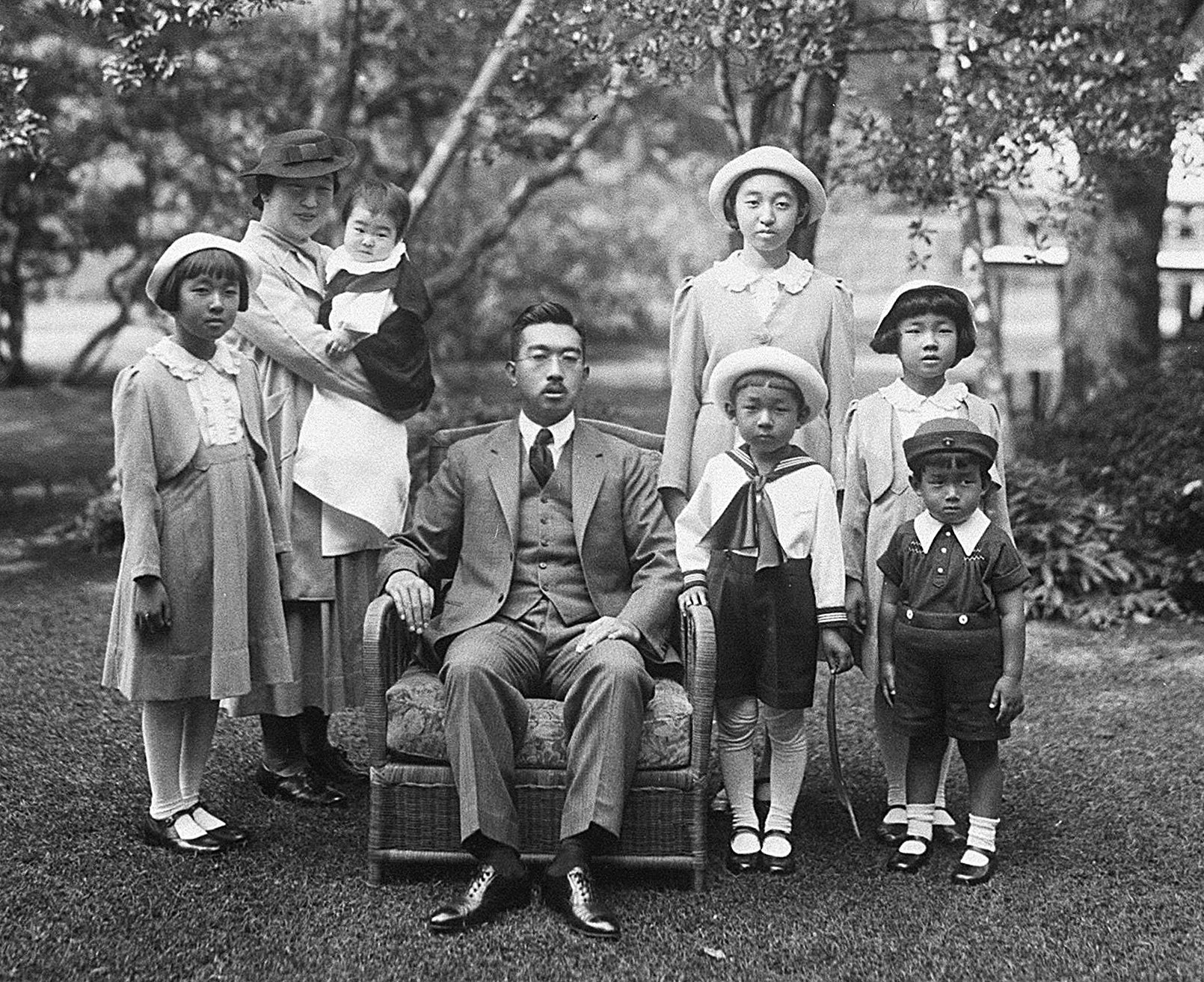The Top 10: Rulers who single-handedly changed a nation’s religion
A list that surprisingly doesn’t even include Constantine or Henry VIII


Your support helps us to tell the story
From reproductive rights to climate change to Big Tech, The Independent is on the ground when the story is developing. Whether it's investigating the financials of Elon Musk's pro-Trump PAC or producing our latest documentary, 'The A Word', which shines a light on the American women fighting for reproductive rights, we know how important it is to parse out the facts from the messaging.
At such a critical moment in US history, we need reporters on the ground. Your donation allows us to keep sending journalists to speak to both sides of the story.
The Independent is trusted by Americans across the entire political spectrum. And unlike many other quality news outlets, we choose not to lock Americans out of our reporting and analysis with paywalls. We believe quality journalism should be available to everyone, paid for by those who can afford it.
Your support makes all the difference.This list was suggested by Cole Davis, who started with Constantine, who was rejected in favour of number three, and ended with Henry VIII, rejected in favour of number eight. Nevertheless, he struck a rich seam.
1. Tiridates III. He made Armenia the world’s first Christian state, in 301. Nominated by Andy McSmith, Laurence Emmett and James of Nazareth (not that one).
2. Ezana. King who converted Axum to Christianity overnight, in the 320s. “As a result, northern Ethiopia is home to one of the world’s richest Christian traditions; a history of it was written on the multilingual Ezana Stone, an east African analogue of the Rosetta Stone,” said Oliver Cooper.
3. Theodosius I. Christianity became the state religion of the Roman empire permanently in 380, after some false starts. Thanks to Simon James George, James Harvey and David Sutherland. Several nominations of Constantine, who converted to Christianity on his deathbed in 337, were rejected in Theodosius’s favour.
4. Bulan, or Sabriel. The khan who converted the Khazars to Judaism in 860. According to Peter Frankopan in The Silk Roads, he summoned scholars to Constantinople and held an inquiry into the merits of Christianity, Islam and Judaism. He asked the Christians and Muslims which of the other two religions was less bad and both groups said Judaism. He doesn’t seem to have asked the Jews, but as they had already won it didn’t matter. “The truth of this story is questioned but Frankopan cites strong evidence,” said Steven Fogel.
5. Boris I of Bulgaria. Baptised in 864, to fend off the Byzantines and unite his people; now regarded as a saint by the Orthodox church. Nominated by Pencil Line.
6. Otto the Great, Holy Roman Emperor. He defeated Harald Bluetooth in 950 and forced him to convert to Christianity. Bluetooth then converted Denmark in the 960s.
7. Vladimir the Great, ruler of the Kievan Rus. A strategic choice to switch from Slavic paganism in 988. Nominated by Ed West, Michael Barber and Matthew Barrett. “Apparently he rejected Islam because he didn’t think his people would abide the whole not drinking thing,” said John Ashmore.
8. Elizabeth I. After Henry VIII broke with Rome, Edward VI changed church doctrine, and Mary changed it back. Thanks to Simon Alvey, Lee Donaghy, Sarah Ebner and Will Cooling.
9. Hirohito. His grandfather Emperor Meiji repackaged ancestor worship as a national ideology, state Shinto, based on his own divinity. General MacArthur, “ruler” on behalf of the Allied forces, outlawed state support for it in the “Shinto Directive”, and Hirohito renounced his divinity in 1946. Thanks to Stewart Slater and Tim Fallon.
10. Clement Attlee. Instituted what Nigel Lawson called the “national religion”, the NHS. Nominated by Patrick Kidd and Richard Navabi. Andrew Denny and David Sutherland also nominated Aneurin Bevan, but Attlee was the supreme governor.
Honourable mentions for Akhenaton, Lenin and Mao, who tried and mostly failed. Robespierre tried and failed to establish the Cult of The Supreme Being as the official religion of Revolutionary France (nominated by David Sutherland). Akbar the Great created a religion for the Mughal empire fusing Hinduism and Islam, which didn’t last (Sam Bowman). Stian Westlake said there should be a special category for doomed compromise religions.
Then there is a list of the opposite, such as Henri IV, who changed religion to gain a nation (“Paris vaut bien une messe”), as William French pointed out.
Next week: things politicians say when they want to sound as if they’re doing something, such as calling for a constitutional convention (yes I’m afraid Keir Starmer did).
Coming soon: “Prophets not without honour but in their own country,” that is, people, such as Tony Blair, Mikhail Gorbachev and Lech Walesa, admired abroad, reviled at home.
Your suggestions please, and ideas for future Top 10s, to me on Twitter, or by email to top10@independent.co.uk
Join our commenting forum
Join thought-provoking conversations, follow other Independent readers and see their replies
Comments